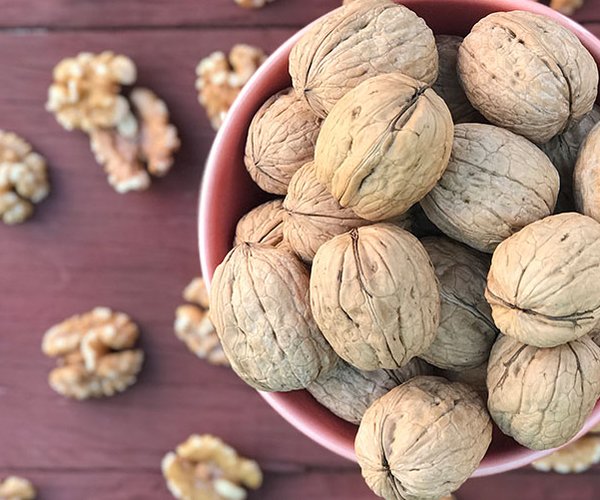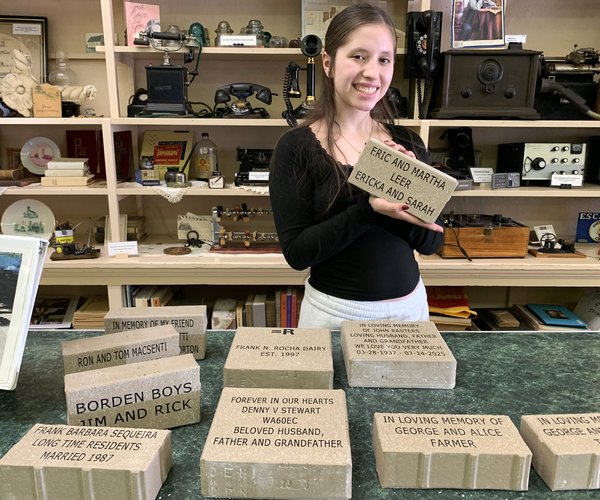Observed every November, National Child Safety and Protection Month raises awareness about keeping kids safe by taking proactive steps to avoid illness, prevent accidents and stop unintentional injuries. For parents and caregivers, it is the perfect time to look for potential hazards that children can face in and around the house – and to take steps to prevent a situation that can quickly become an emergency, according to officials with the California Poison Control System (CPCS).
Approximately one in five child deaths occur because of an unintentional injury. One common cause of childhood unintentional injuries is poisoning, which includes accidentally taking prescription and over the counter (OTC) drugs, as well as such common things as household and personal care products, pool, automotive, and garden supplies. Another cause is suffocation, which can be a result of choking on food, small toys, and other objects, as well as unsafe sleeping arrangements.
“Fortunately, almost all unintended injuries are predictable and preventable,” said Rais Vohra, Medical Director for the Fresno/Madera Division of CPCS. “People have more control over child safety than they think they do, and taking precautionary steps can significantly reduce the risk of injuries.”
Here are a few practical tips from Dr. Vohra to help prevent unintentional injuries:
Store all medicine in a locked cabinet, safe box, or other secured space out of sight and reach of children.
Never leave pills on countertops, purses or nightstands.
Keep all medicines in their original container with child-resistant caps – remember, child-resistant caps are not child-proof.
Keep household cleaners up and away from children’s reach, not under the sink.
Never use empty beverage or food containers to store chemicals or cleaners. Leave the liquids in the original containers, and toss these out as soon as they are empty.
Make sure plants are nontoxic.
Be vigilant about small items that can create a choking hazard such as coins, marbles, keys, jewelry, paper clips, and safety pins.
Be especially careful with “button” batteries; they are particularly dangerous, both as a potential choking hazard and because they can also cause internal damage if swallowed.
Don’t let infants and toddlers sleep with blankets, pillows, and stuffed toys.
Make sure to keep washer, dryer, and other appliance doors closed at all times.
Call Poison Control at 1-800-222-1222 (number is the same in all states) for questions about poison encounters. Trained pharmacists, nurses and other providers are available to help 24 hours a day, seven days a week. The service is free, confidential and interpreters are available. Follow CPCS on Facebook, on YouTube @californiapoisoncontrol, and on X @poisoninfo. Sign up for The California Poison Safety Post, California Poison Control System’s quarterly electronic newsletter, by visiting calpoison.org/newsletters. CPCS is part of the University of California San Francisco School of Pharmacy and is responsible to the California Emergency Medical Services Authority.





